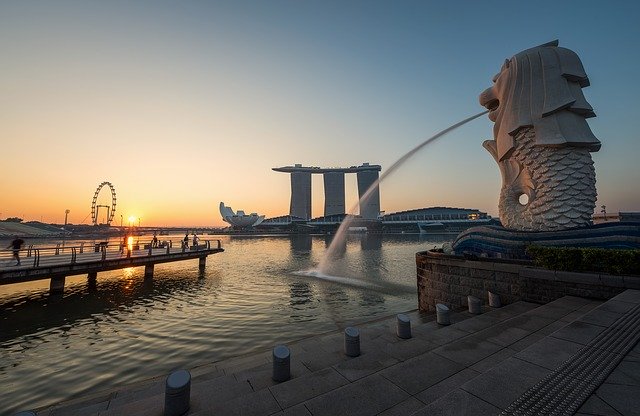KUALA LUMPUR, Jan 6 – Individuals aged 18 and above in Singapore will have to take their Covid-19 booster shot by February 14, 2022, or nine months of their primary vaccination series to keep their fully vaccinated status.
Singapore’s Health Minister Ong Ye Kung, in a press conference yesterday, said the new rule will apply to those whose final vaccine dose was taken on May 20 last year or before.
Ong said international data has shown that protection against Omicron by a primary vaccination series is weaker compared to that against the Delta variant, as it wanes more quickly, typically after five to six months. However, Ong said boosters will restore the vaccine protection against infection and severe illness from Omicron.
“I have therefore earlier indicated that there will need to be an expiry date for full vaccination status, after two doses of mRNA vaccines or three doses of Sinovac or Sinopharm vaccines.
“We have studied the matter and in line with the recommendation of the Expert Committee on Covid-19 Vaccination (EC19V), MOH will set the expiry to be 270 days or nine months after the last dose of vaccine of the primary series.
“So there are two durations to remember. 150 days or five months after you have taken your second dose of mRNA or third dose of Sinovac or Sinopharm vaccine — you will be invited to take your boosters.
“270 days or nine months after you have taken your second dose of mRNA or third dose of Sinovac or Sinopharm vaccine and you have not taken your booster, your full vaccination status will lapse. This will, amongst other things, affect your access to vaccination-differentiated venues such as malls, restaurants, and libraries,” Ong said.
He noted that more than 42 per cent of Singapore’s population have been boosted, including 89 per cent of senior citizens aged 60 years and older.
Singapore is bracing for a “much bigger Omicron infection wave” than the Delta variant last October. At its peak late last year, the Delta variant saw Singapore record about 3,000 cases a day. Omicron cases could exceed this number “by a few times”, Ong said.
At its peak, Delta infections were doubling every six to eight days, Omicron infections may double in two to three days, he added.
“We are setting the effective date of the new policy to almost 1.5 months from now, so that everyone whose vaccination status may lapse from February 14 has a chance to get their booster jabs early and before that deadline. Those who have not reached the ninth month expiry or who are medically ineligible for boosters will not be affected,” Ong said.
Singapore has so far accumulated 2,252 Omicron cases, as of January 5. Out of the 2,252 cases, three required oxygen supplementation, and all had been taken off oxygen within three days. All three are now recovering.
None has required intensive care unit (ICU) care, as yet. If the same 2,252 infections had been caused by Delta, Singapore would expect about 30 individuals (1.3 per cent) to require oxygen supplementation, ICU care or die, Ong said.
“The silver lining is that studies coming out from various countries including South Africa, the United States, the United Kingdom, and Canada, indicate that Omicron infections are less severe than that of Delta — and the data has been very consistent — particularly amongst the vaccinated, and more so amongst those who are boosted.
“Locally, we have found this to be the case as well,” Ong said.
Ong also downplayed the US Centers for Disease Control and Prevention’s (CDC) recent travel advisory for Singapore to “Level Unknown”, saying that the US CDC is not aware of the country’s surveillance test numbers.
“To be clear: we know our situation very well.
“Every week, we administer over 150,000 PCR tests. That works out to over 21,000 PCR tests per day. The positive rates for these tests are under 2 per cent.
“We also have 145 wastewater testing stations across the island, in housing estates, dormitories, nursing homes etc. Only a very small handful are registering the presence of Covid-19 viral fragments.
“So we are sure that the incidence of Covid-19 in our community is currently low and stable. But Omicron is already in our community. While community cases are not high currently, and Omicron accounts for close to 20 per cent of local cases, it is a matter of time before it starts to multiply quickly. We must be prepared for that,” Ong said.








